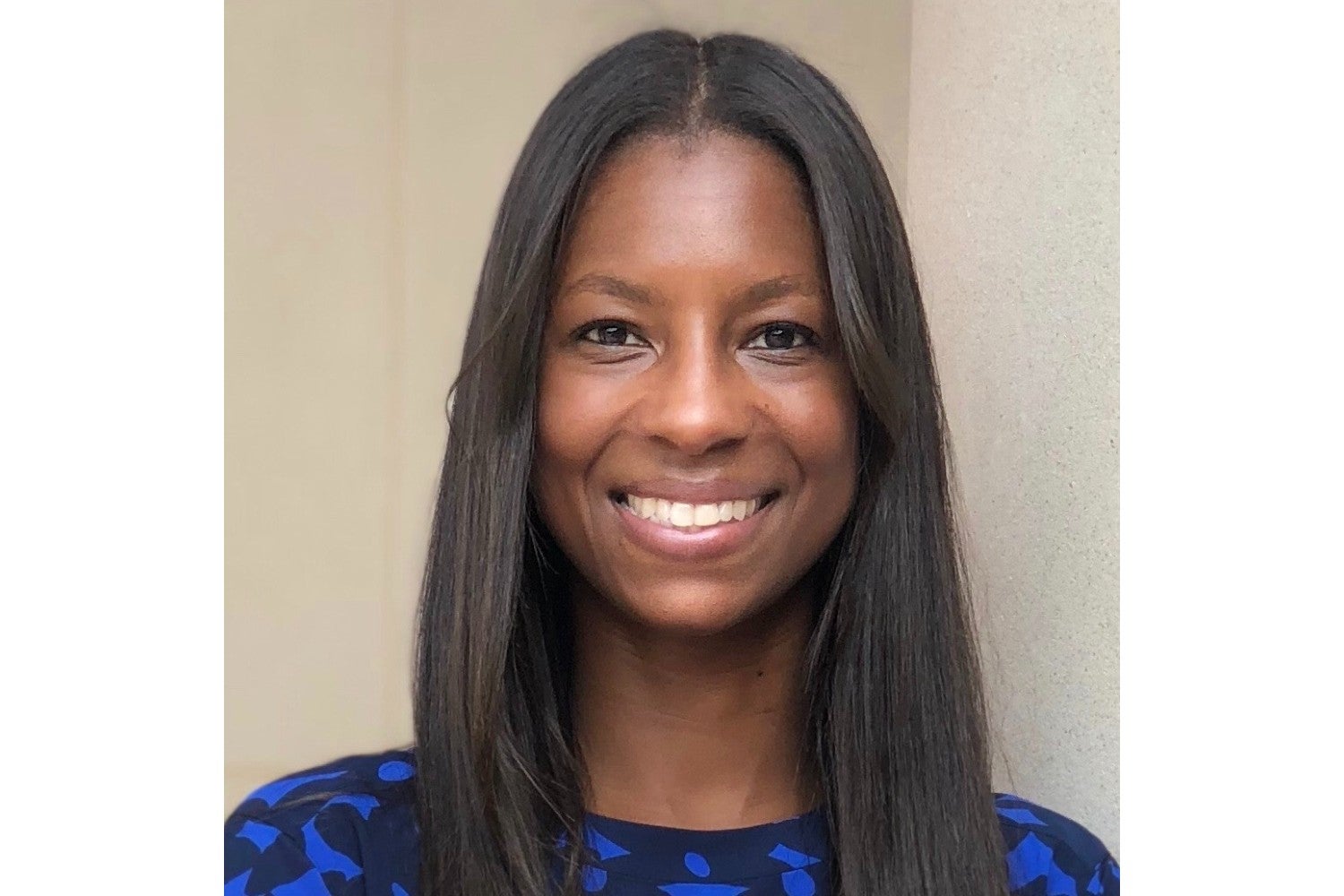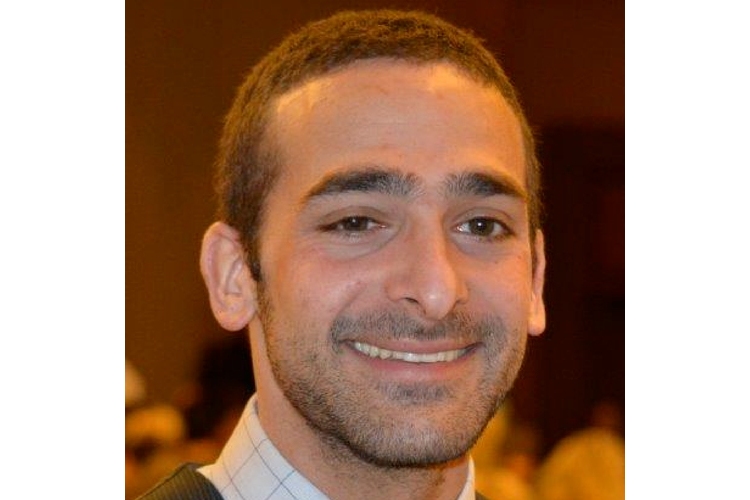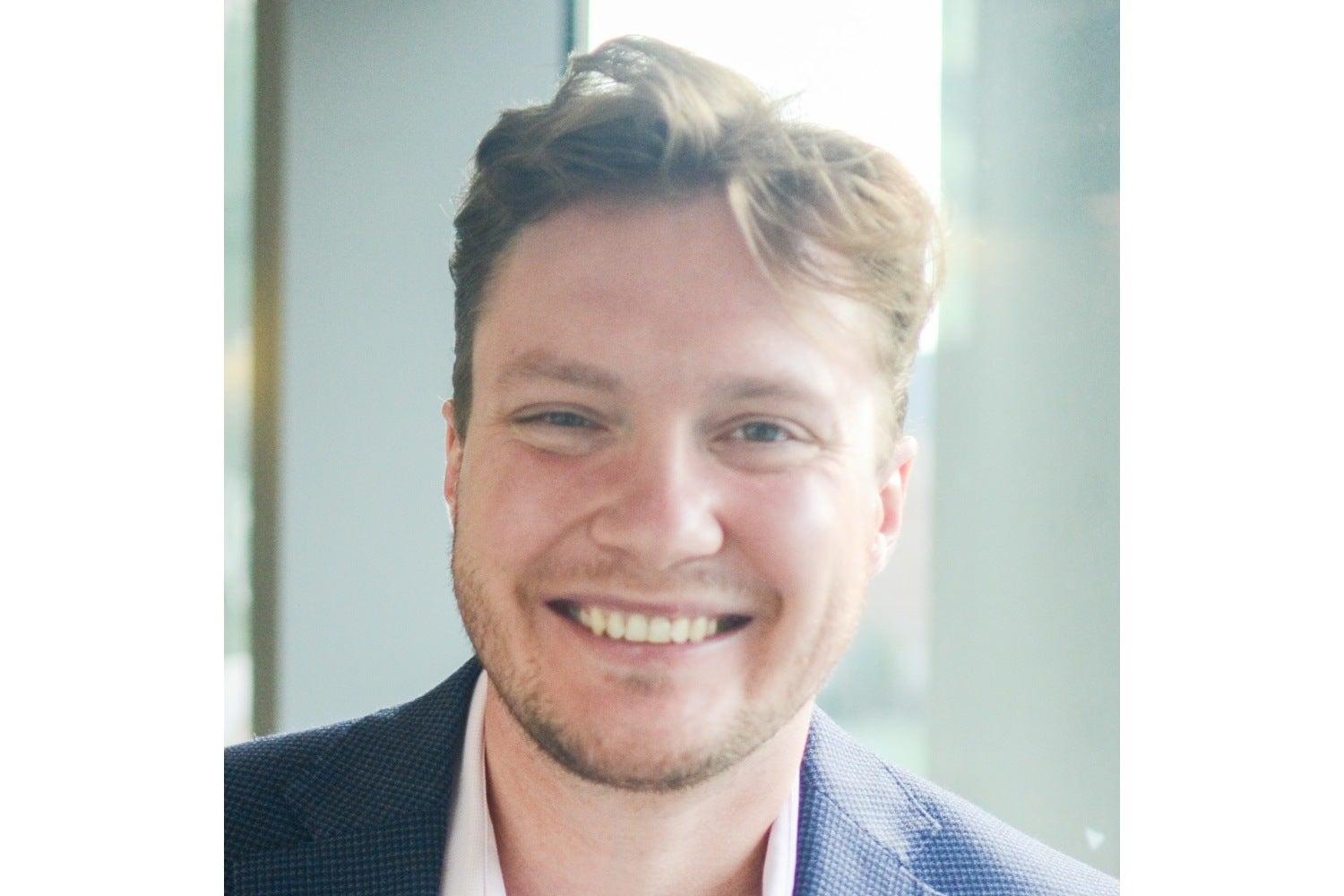NIH K awards are prestigious grants that support the research career development of postdoctoral and faculty investigators. The Georgetown University Postdoctoral Association hosted a panel this past December with moderator Dr. Irene Sanchez-Bruella and three recent mentored K award winners here at Georgetown: Drs. Randi Williams, Andrew DeMarco, and Alexey Ostroumov.
Dr. Randi Williams
Assistant Professor, Department of Oncology
Award: NCI Early Stage Investigator K99
Grant Proposal: A Multilevel intervention to address health disparities in lung cancer screening
Application Approach: Wrote the first draft two months into her postdoc, received feedback from members of her training group, sent it to a mock study section in the Cancer Prevention and Control program, made edits, and submitted her application five months after her first draft.
Dr. Andrew DeMarco
Instructor, Department of Rehabilitation Medicine
Award: NIDCD K99
Grant Proposal: Functional anomaly mapping of aphasia recovery
Application Approach: Started thinking about it six months to a year out, coordinated with his mentoring team, made revisions to previous NIH application materials.
The three panelists shared helpful information about their application process, mentoring teams, and the impact of their awards.
Organizing Your Mentoring Team
The mentoring team is a key aspect of the mentored K awards; it will include your primary mentor as well as any co-mentors. When discussing how to organize a team for the application, the panelists developed a common theme: Figure out what new things you will learn with the grant! The purpose of the mentored K award is to help scholars develop into independent researchers, so it’s essential to know what you hope to get out of it and what you can offer the institute in the long term.
Panelists suggested discussing your goals with your current mentor to determine who could be helpful to include on the team. Additionally, when explaining your career development goals in the application, you should clearly map each goal to an individual mentor to show how each mentor will contribute to your development. You can also add collaborators or consultants to your grant to provide support or expertise that your mentoring team cannot provide.
Distinguishing Your Research Interests
As K awards are often used as a transition from a postdoc to a faculty position, many postdocs are concerned with how much their research interests overlap with their mentor’s research. The panelists again suggested a very honest conversation with your mentor to carve out an area of research for yourself. When Dr. Ostroumov was planning his application, he identified experts at his institution who could help take his research in a different direction than his postdoc lab.
When it comes time to write it out, the panelists emphasized clearly defining the difference between your planned work and your mentor’s research. Dr. DeMarco even included a section in his grant entitled “Distinction from Mentor.” Overall, the delineated research interests are not set in stone, so both you and your mentor can expand your research.
Presenting Preliminary Data
Another common concern among the postdocs was the amount of preliminary data to include. There’s no definitive answer as to how much data is necessary, as individual reviewers may have different opinions. In general, there isn’t an expectation of robust preliminary data for the mentored K awards. However, the panelists highlighted the need for your research plan to tell a story with high-quality figures, regardless of the data quality.
Panelists had many ideas on how you can approach your lack of data, depending on which K award you are applying for. Dr. Williams received a NCI Outstanding Early Stage K99 for postdocs with less than two years of postdoc experience. For her application, she used data from her dissertation research to show that she was already thinking about her research patient population.
Other ideas for preliminary data were to use data from a proof-of-concept paper, a pilot animal study, another lab member (with attribution), or even publicly available datasets in a pinch. The goal is to show that the experiments are possible in the lab and that you can perform them.
Staying Motivated During the Application Process
It can be hard to stay motivated while writing a grant application, especially when you are unsure of your success. The panelists offered some great advice to those feeling burnt out while applying — both for the application itself and for your life. Dr. DeMarco highlighted the importance of making sure you find your research topic interesting and that your mentoring team is excited about the work. This will help you stay engaged and accountable during the application process. Outside of the application, he emphasized the importance of taking care of yourself and having a hobby you like.
Dr. Williams reminded everyone to focus on the big picture: You are writing a grant that will help you launch your career! Progress can be rewarding, and even writing a single line is progress. Most importantly, this won’t last forever. There is an end in sight.
Advice for Current Postdocs
Each panelist had different advice for aspiring K award applicants. Dr. Williams emphasized the importance of a mock study section. The feedback helped her to create the best application possible.
One piece of advice from Dr. DeMarco was to apply for grants before your K award, if possible, to get practice writing NIH grant documents and to establish a track record of applying for funding. He also suggested that you find example applications for the award from the institute you are targeting.
Finally, Dr. Ostroumov reminded everyone to use NIH Reporter check if your idea is already taken, and what types and sizes of projects are getting funded. He also recommended reaching out to your program officer with a letter based on your specific aims to find out if the institute is a good fit.
Impact on Your Career
All the panelists emphasized the huge impact their awards have had on their career. Winning a K award shows your ability to get funding, so it positions you well for the job market. Dr. Ostroumov credits his K01 as one reason he was hired here at Georgetown! Additionally, it’s incredibly helpful to have a cushion during your first few years on the tenure track. Overall, the panelists shared their enthusiasm and happiness at receiving a NIH research career development award.
Regardless of your outcome, submitting an application for a K award is a win in and of itself! Great grants don’t always get funded because of the payline, so keep on trying! For more information on the types of K awards open to postdocs, check out our NIH K Award Info Sheet. You also can find helpful tips and tricks in the resources below.
General Resources
External Presentations
NIH Resources



